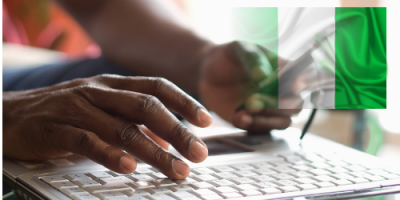Die Phase nach dem Ende des Bürgerkriegs 2002 war geprägt von politischer Stabilisierung und – getrieben vom Erdölboom – einer der höchsten Wirtschaftswachstumsraten der Welt.
Mit einer schweren Wirtschaftskrise seit dem Einbruch des Erdölpreises, einem als unfrei klassifizierten Regierungssystem, der Veruntreuung des Großteils von Staatseinnahmen aus dem Rohstoffsektor sowie dem autoritären Vorgehen der Regierung gegen kritische Stimmen der Zivilgesellschaft und der Opposition, scheint die allgemeine Situation in Angola zunehmend ernst und von politischen sowie sozialen Spannungen geprägt zu sein.
Das Europäische Parlament sah sich am 10. September 2015 zu einer Entschließung veranlasst und stellte u.a. fest, „dass die angolanische Regierung in den vergangenen Monaten immer schärfer gegen alle vorgegangen ist, die vermeintlich gegen ihre Macht aufbegehrten, und damit gegen die in der angolanischen Verfassung verankerten Menschenrechte verstoßen hat; dass Versammlungs- und Vereinigungsfreiheit in Angola weiterhin beschnitten werden und dass es wachsenden Anlass zur Besorgnis gibt, dass Militär und Geheimdienste zu den treibenden Kräften hinter der Festnahme und Verfolgung von Menschenrechtsverfechtern geworden sind“. Das Europäische Parlament ist entsprechend „äußerst besorgt über die sich rasch verschlechternde Lage, was die Menschenrechte, Grundfreiheiten und den demokratischen Freiraum in Angola betrifft, sowie über die schwerwiegenden Übergriffe der Sicherheitskräfte und die mangelnde Unabhängigkeit der Justiz“.
Wir wollen über die aktuelle politische Situation in Angola und den Umgang externer Akteure mit der Regierung diskutieren und freuen uns auf einen interessanten Abend!
Mit besten Grüßen
Rene Gradwohl
INISA e.V.




